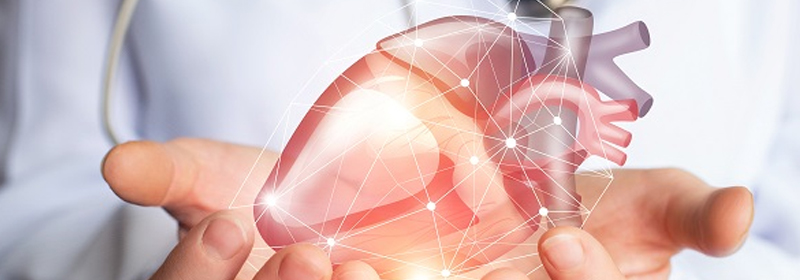Cardiologist

A cardiologist is a medical doctor who specializes in the diagnosis, treatment, and prevention of diseases and conditions related to the heart and blood vessels. These medical professionals have specialized training and knowledge in the cardiovascular system, which includes the heart and blood vessels, and are equipped to handle a wide range of cardiac problems.
Cardiologists may perform various tests and procedures to diagnose and treat heart-related conditions, such as electrocardiograms (ECGs), echocardiograms, stress tests, and angiograms. They may also prescribe medications or recommend lifestyle changes to help manage heart disease risk factors, such as high blood pressure, high cholesterol, and diabetes.
Some cardiologists specialize in certain areas of cardiovascular medicine, such as interventional cardiology, electrophysiology, and pediatric cardiology. Interventional cardiologists perform procedures such as angioplasty and stenting to open blocked or narrowed arteries, while electrophysiologists diagnose and treat heart rhythm disorders. Pediatric cardiologists specialize in diagnosing and treating heart conditions in children and adolescents.
Cardiologists work closely with other healthcare professionals, such as primary care physicians, nurses, and other specialists, to provide comprehensive care to patients with heart and vascular conditions.
There are several types of cardiologists who specialize in different areas of cardiology. Here are some of the most common types:
- Non-invasive cardiologists: These cardiologists specialize in diagnosing and treating heart conditions using non-invasive techniques such as electrocardiograms (ECGs), echocardiograms, stress tests, and Holter monitoring.
- Interventional cardiologists: These cardiologists specialize in diagnosing and treating heart conditions using invasive procedures such as angioplasty and stenting. They may perform procedures to open blocked or narrowed arteries and other treatments for coronary artery disease.
- Electrophysiologists: These cardiologists specialize in diagnosing and treating heart rhythm disorders, such as atrial fibrillation. They may perform procedures such as cardiac ablation, implantation of pacemakers or defibrillators.
- Heart failure/transplant cardiologists: These cardiologists specialize in treating patients with heart failure, which is a condition where the heart can't pump enough blood to meet the body's needs. They may also manage the care of patients who have received heart transplants.
- Pediatric cardiologists: These cardiologists specialize in diagnosing and treating heart conditions in children and adolescents. They may work with pediatric heart surgeons to perform procedures on infants and children with complex heart defects.
- Preventive cardiologists: These cardiologists specialize in preventing heart disease and managing risk factors such as high blood pressure, high cholesterol, and diabetes. They may work with patients to develop lifestyle changes, such as diet and exercise, to improve heart health.
- Nuclear cardiologists: These cardiologists use radioactive tracers to create images of the heart and blood vessels. This imaging technique helps them diagnose and manage a variety of heart conditions.
Copyright © 2025, Sadguru Hospital. All Rights Reserved
